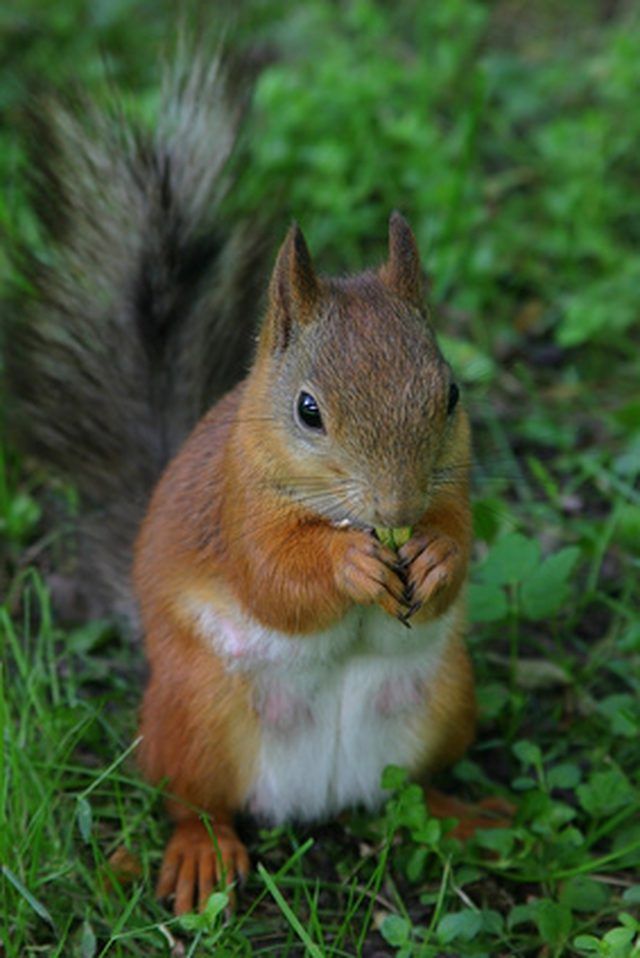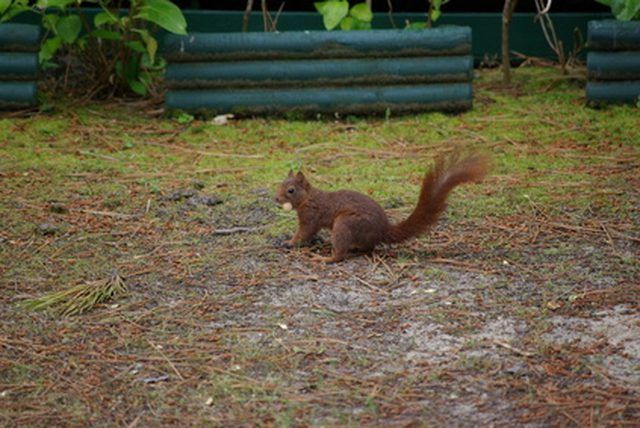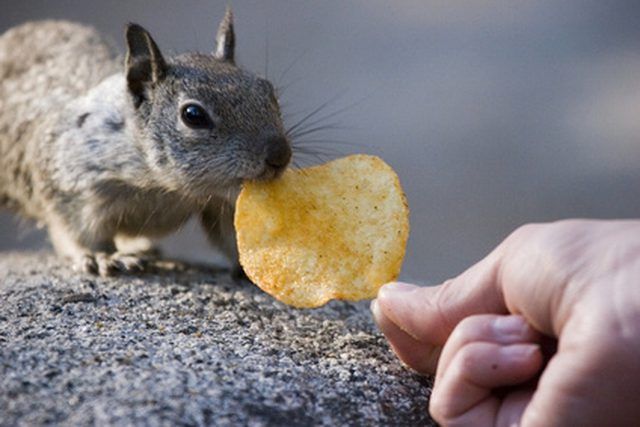Bulbs
Flower Basics
Flower Beds & Specialty Gardens
Flower Garden
Garden Furniture
Garden Gnomes
Garden Seeds
Garden Sheds
Garden Statues
Garden Tools & Supplies
Gardening Basics
Green & Organic
Groundcovers & Vines
Growing Annuals
Growing Basil
Growing Beans
Growing Berries
Growing Blueberries
Growing Cactus
Growing Corn
Growing Cotton
Growing Edibles
Growing Flowers
Growing Garlic
Growing Grapes
Growing Grass
Growing Herbs
Growing Jasmine
Growing Mint
Growing Mushrooms
Orchids
Growing Peanuts
Growing Perennials
Growing Plants
Growing Rosemary
Growing Roses
Growing Strawberries
Growing Sunflowers
Growing Thyme
Growing Tomatoes
Growing Tulips
Growing Vegetables
Herb Basics
Herb Garden
Indoor Growing
Landscaping Basics
Landscaping Patios
Landscaping Plants
Landscaping Shrubs
Landscaping Trees
Landscaping Walks & Pathways
Lawn Basics
Lawn Maintenance
Lawn Mowers
Lawn Ornaments
Lawn Planting
Lawn Tools
Outdoor Growing
Overall Landscape Planning
Pests, Weeds & Problems
Plant Basics
Rock Garden
Rose Garden
Shrubs
Soil
Specialty Gardens
Trees
Vegetable Garden
Yard Maintenance
Boric Acid & Squirrels
Boric Acid & Squirrels. It has long been rumored and speculated that common household substances such as moth malls (naphthalene) and boric acid compounds (Borates) could be used in discouraging or preventing small rodents from entering homes, gardens and other structures. However, there is little to no documentation or evidence to support these...

It has long been rumored and speculated that common household substances such as moth malls (naphthalene) and boric acid compounds (Borates) could be used in discouraging or preventing small rodents from entering homes, gardens and other structures. However, there is little to no documentation or evidence to support these claims. Professional exterminators use other, more reliable means.
Identification
Boron is an element appearing as a brown powder in its pure state. Borax is a complex borate mineral mined from evaporate deposits of old lake beds. Boric acid (H3BO3) is typically manufactured by treating borax with a mineral acid, such as hydrochloric acid. Because of its low toxicity, it is commonly used as in fungicidal, herbicidal and insecticidal household products.

Mechanisms of Action
As an insecticide, boric acid is highly effective as a poison for established colonies of insects. It was first registered in 1983 for control of ants, cockroaches and several types of beetles. It acts in the stomach as a poison and as an abrasive on the insect's exoskeleton. The insect slowly dies of starvation and dehydration from salt toxicity. In household products, it is a powder made with an attractant. The insect either ingests it and/or drags remnants to its lair on its feet and body. As a herbicide, boric acid desiccates the plant and interrupts photosynthesis.
Significance
Since boric acid is odorless, it certainly will not stop a squirrel from coming near a garden or attic because of any undesirable smell. This leaves only the possibility of boric acid as a toxin that must be ingested to be effective against squirrels. The first consideration is state, regional and local law concerning the killing of small mammals and desired species. Also, since boric acid is a slow acting poison, it would not be the most humane method of animal control. To be potentially effective as a poison, the squirrel would somehow have to be enticed to consume at least 6 grams of pure boric acid at a sitting. This is highly unlikely, considering a squirrel's food preferences. Also, the use of any chemical exposes pets, small children and desired species to unnecessary exposure.
Since boric acid appears to be only an anecdotal solution to squirrel problems, it should be dismissed altogether as a viable solution.

Recommendations
Animal scents and sound frequency emitters may have a temporary effect, but squirrels easily get used to them when tasty food is the reward for effort and tolerance. Prevention seems to best the best solution. This is done by literally caging off any areas threatened by squirrels including plants, gardens and feeders. For the house or other structures, assure that any free entry space is limited in size for small rodent entry with the use of screens and mesh. Removing bird feeders and sources of food from the immediate home surroundings is also helpful.
To completely remove squirrels from your premises, live traps are recommended. Consult a professional exterminator and/or local ordinances on the relocation process. Your local Department of Natural Resources (DNR) website can also provide information specific to your region.

Precautions & Warnings
Boric acid is "low to very low" in toxicity when taken in small doses orally by animals. The U.S. EPA currently classifies boric acid as a group E carcinogen; it is not considered to be a cause of cancer in humans.